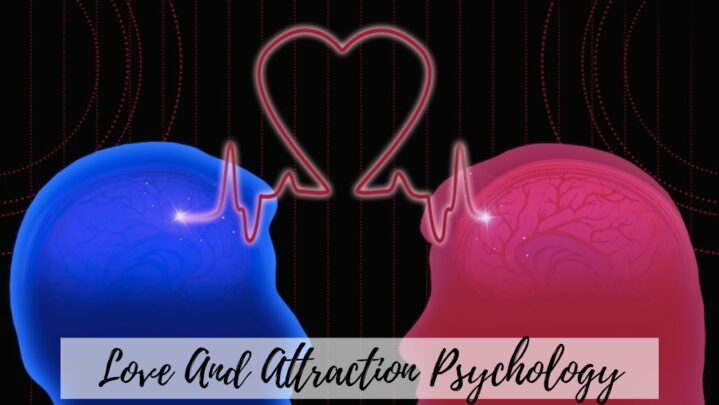Love and attraction may be explained psychologically using numerous ideas and models. According to evolutionary psychology, love and attraction originated as a strategy of guaranteeing survival and reproduction. The unconscious need to locate a compatible spouse who can supply us with resources, protection, and children drives our attraction to particular features and attributes in others.
Other viewpoints on love and attraction may be found in cognitive and social psychology. According to social learning theory, our views and actions are influenced by our peers, family, and media. This can have an impact on what we find appealing in others and how we develop connections.
Furthermore, the cognitive-emotional model of love proposes that both cognitive and affective processes determine attraction and love. This indicates that our sentiments and ideas about someone might impact our attraction to them and vice versa.
Finally, neuroscience has given light on the function of hormones and neurotransmitters in attraction and love. Certain brain chemicals, such as dopamine, oxytocin, and serotonin, can cause emotions of joy, connection, and attachment to others.
Finally, love and attraction are complicated and varied notions that may be analyzed using a variety of psychological theories and models.





